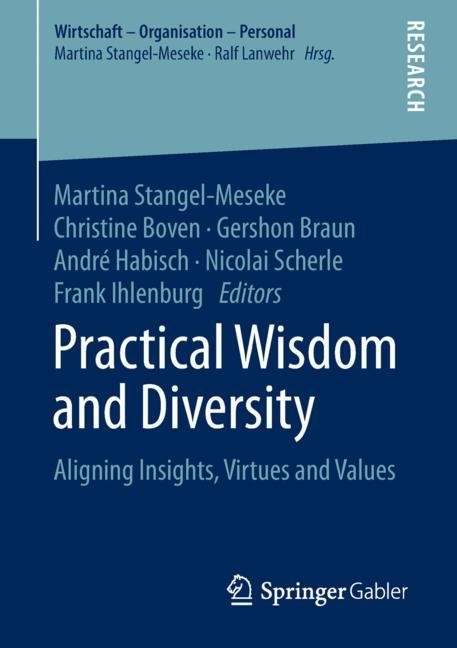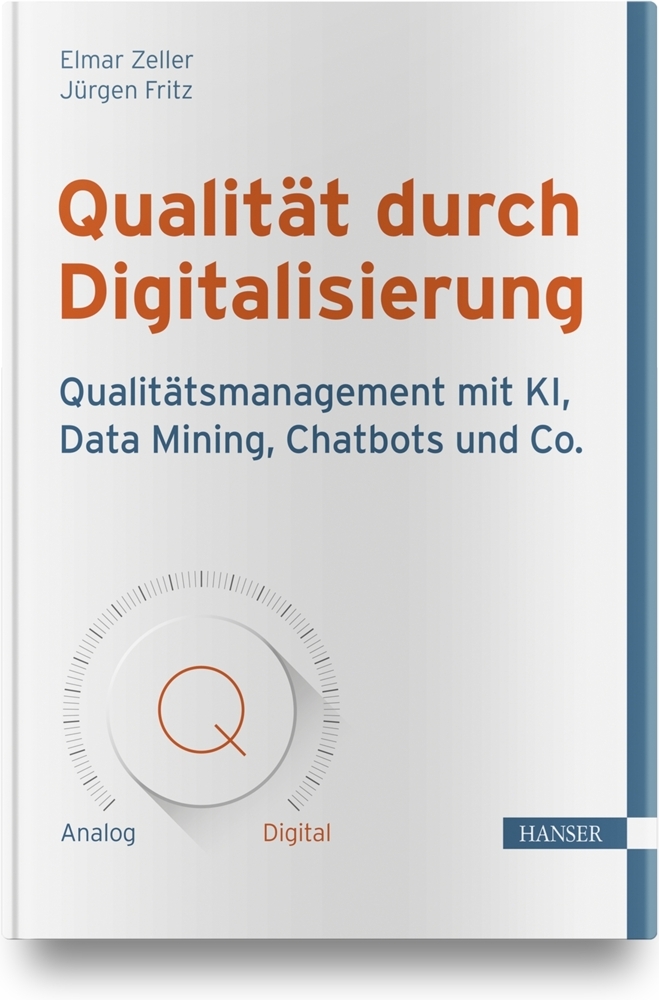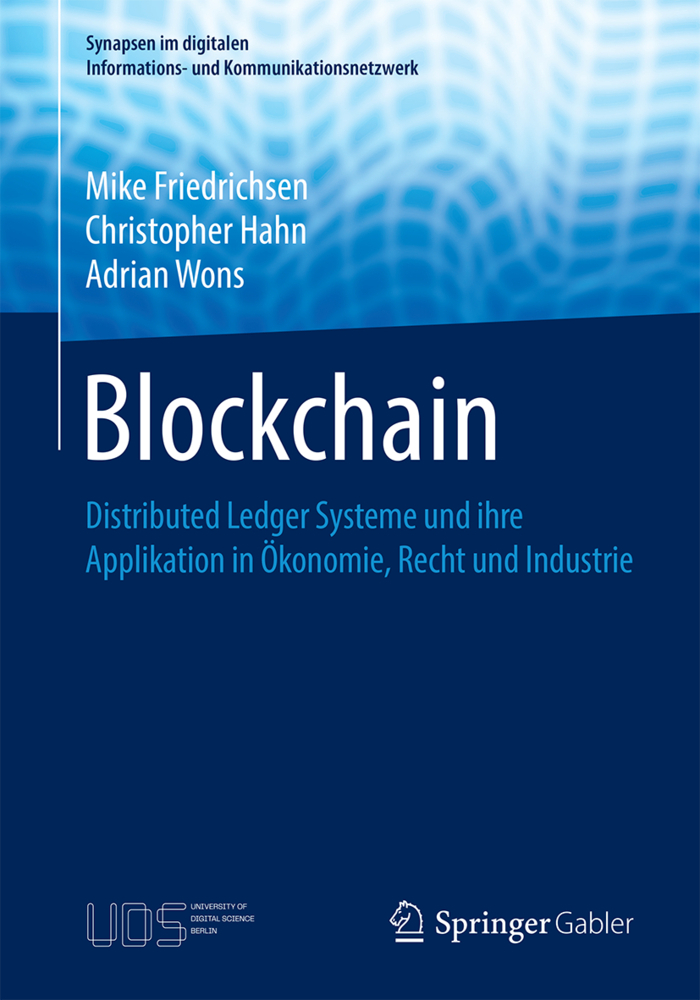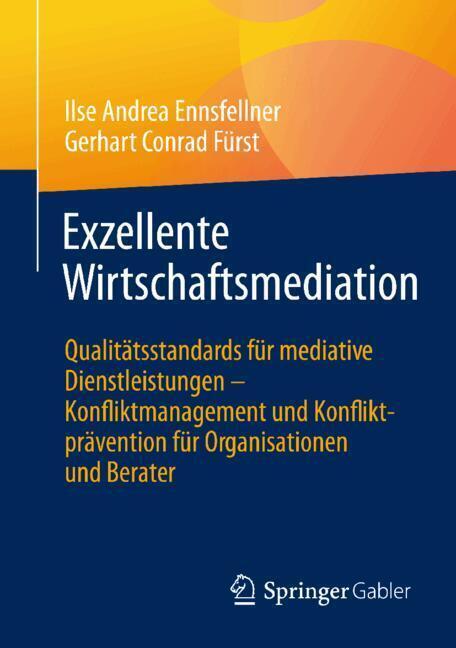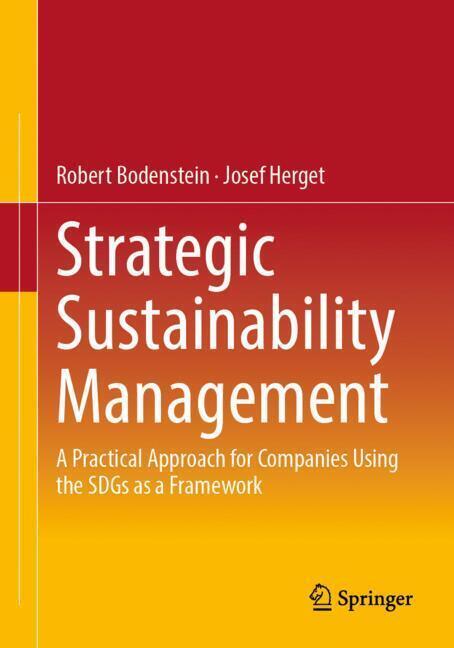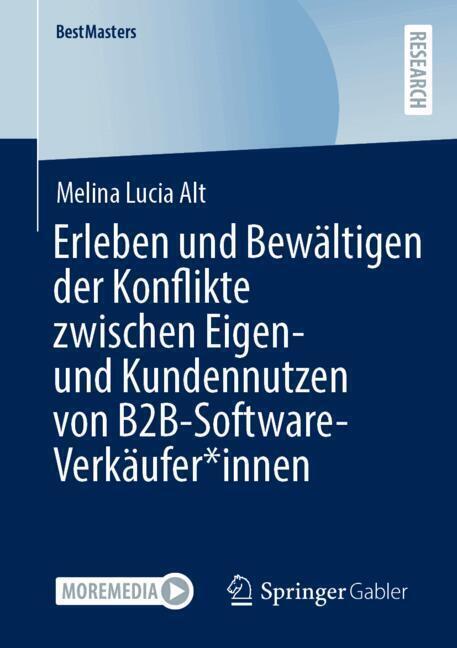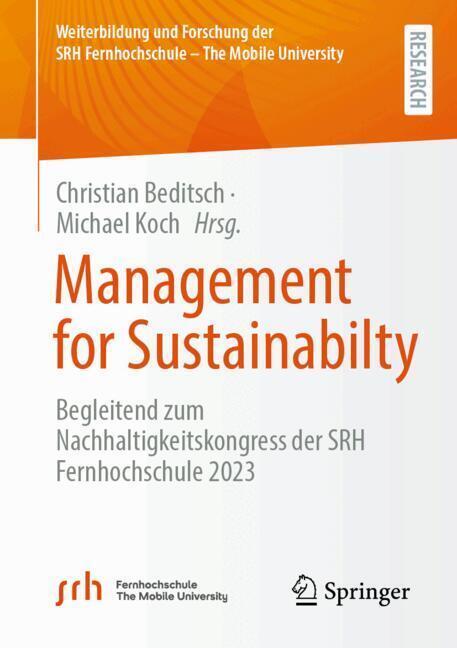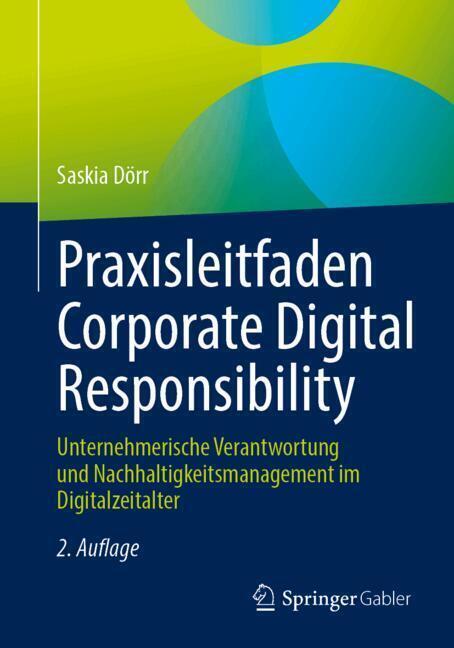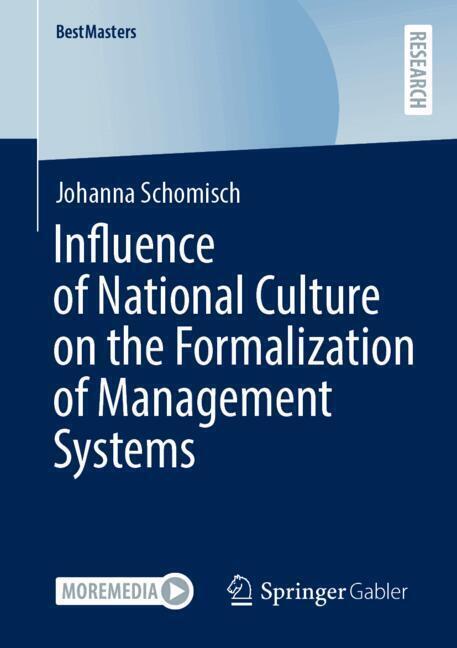Practical Wisdom and Diversity
The progressive convergence of global economic and social structures calls for a rethinking of management practices as they relate to cultural diversity and moral values. A key element for coping with this transformational phenomenon is the Aristotelian concept of Practical Wisdom, which helps us to do the right thing, in the right way, at the right time and for the right reasons. Expert academics and practitioners share their insights into contemporary theories and conventions for ethical decision-making in diverse cultural contexts.
About the Editors
Martina Stangel-Meseke - professor of business psychology. Christine Boven - professor of intercultural management. Gershon Braun - lecturer of business ethics. André Habisch - professor of economics. Nicolai Scherle - professor of intercultural management and diversity. Frank Ihlenburg - managing partner of a change management consultancy.
Martina Stangel-Meseke - professor of business psychology. Christine Boven - professor of intercultural management. Gershon Braun - lecturer of business ethics. André Habisch - professor of economics. Nicolai Scherle - professor of intercultural management and diversity. Frank Ihlenburg - managing partner of a change management consultancy.
1;Preface;6 2;Table of contents;10 3;1Aristotle on Happiness, Emotions, and Practical Wisdom - A Short Reading Guide;12 3.1;1 Introduction;13 3.2;2 The philosophical and historical setting;16 3.3;3 Premises of thought;17 3.3.1;3.1 Structural premises;17 3.3.2;3.2 Material premises - citizen and individual;19 3.3.3;3.3 Human nature - body and soul;21 3.4;4 Moral virtues and emotions;23 3.5;5 The intellectual (dianoetic) virtues - Practical Wisdom;25 3.6;6 Conclusion;28 3.7;References;30 4;2 Practical Wisdom: Revisiting an Ancient Virtue in the Context of a Diverse Business World;33 4.1;1 Introduction;34 4.2;2 Practical Wisdom Revisited;35 4.3;3 The Anatomy of Management's Practical Wisdom1;37 4.4;4 Practical Wisdom and Diversity Management: A Roadmap towards a Future Research Agenda;44 4.4.1;4.1 Bridging the Economic-Ethical-Dichotomy in Diversity Management;44 4.4.2;4.2 Incorporating diversity into a Modern Theory of Practical Wisdom;45 4.5;5 Concluding Thoughts;47 4.6;References;47 5;3Diversity as Practical Wisdom;51 5.1;1 Introduction;52 5.2;2 Diversity and Diversity Management - Development and Aspects of Practical Wisdom;53 5.3;3 Correlating Variables and Predictors for successful Diversity Management;58 5.4;4 Practical Wisdom - Best Practice and Scientific Results from Diversity Management;61 5.5;5 Summary;63 5.6;References;65 6;4Rediscover the Charioteer. Practical Wisdom and Diversity Management in the Digital Age;69 6.1;1 Diversity Management and Practical Wisdom;70 6.2;2 Diversity Management: A plea for a principle-based approach;71 6.3;3 Practical Wisdom and Diversity Management;72 6.4;4 The Wise Charioteer racing through the Digital Age;76 6.5;5 Practical Wisdom and Virtues of the Digital Age;79 6.6;6 Final Remarks;82 6.7;References;83 7;5Reflections on Cosmopolitanism as a Normative Guideline for Practical Wisdom;84 7.1;1 Introduction;85 7.2;2 The nature of Practical Wisdom and its cosmopolitan gap;87 7.3;3 Open enterprise as a central premise for Practical Wisdom and cosmopolitanism;91 7.4;4 Selected reflections on cosmopolitanism;94 7.5;5 Summary;98 7.6;References;99 8;6Diversity Management at SEISSENSCHMIDT GmbH - Generation Management as a Competitive Advantage;104 8.1;1 Introduction;105 8.2;2 The Company;105 8.3;3 Effects of demographic change at SEISSENSCHMIDT;105 8.4;4 Diversity Management at SEISSENSCHMIDT;107 8.4.1;4.1 Developing and implementing the DiM strategy;107 8.4.2;4.2 SEISSENSCHMIDT'S World of Experience;110 8.5;5 Further DiM activities and measures;111 8.5.1;5.1 Internal DiM and Employer Marketing Measures;112 8.5.2;5.2 External DiM and Employer Marketing Measures;113 8.5.3;5.3 Assessment of the current situation;114 8.5.4;5.4 Recommendations for action and outlook;115 8.6;6 Conclusion;117 8.7;References;118 9;7Practical Wisdom vs Functional Stupidity: Toward an Inspired Business School;119 9.1;1 Introduction;120 9.2;2 Functional Stupidity;121 9.3;3 Business School;122 9.4;4 Functional Stupidity in Business School;124 9.5;5 Practical Wisdom and the Business School;125 9.6;6 Toward the Inspired Business School;128 9.7;References;134 10;8Scouting and Unfolding Talents. A Case Study from the Ruhr Area;138 10.1;1 Introduction;139 10.2;2 Context of the Diversity Strategy of the Westphalian University of Applied Sciences;141 10.3;3 The TalentKolleg Ruhr of the Westphalian University of Applied Sciences in Herne - Testing and Shaping Corporate Social Responsibility (CSR) at the Westphalian University of Applied Sciences through Community Outreach;146 10.3.1;3.1 Goals and Target Groups of the TKR in Herne;147 10.3.2;3.2 Guide - Qualify - Motivate: How does the TKR work with its target groups?;149 10.3.3;3.3 The Choice of Herne as a Location for the TKR;149 10.3.4;3.4 The Teams of the TKR and the central department of Talent Development;150 10.3.5;3.5 Further Development of the TKR;152 10.4;4 Writing Talents - Basic Level Language and Written Language Promotion in the Sense of Inclusion;153 10.4.1;4.1 Goa
Stangel-Meseke, Martina
Boven, Christine
Braun, Gershon
Habisch, André
Scherle, Nicolai
Ihlenburg, Frank
| ISBN | 9783658235215 |
|---|---|
| Artikelnummer | 9783658235215 |
| Medientyp | E-Book - PDF |
| Copyrightjahr | 2018 |
| Verlag | Springer Gabler |
| Umfang | 294 Seiten |
| Sprache | Englisch |
| Kopierschutz | Digitales Wasserzeichen |

